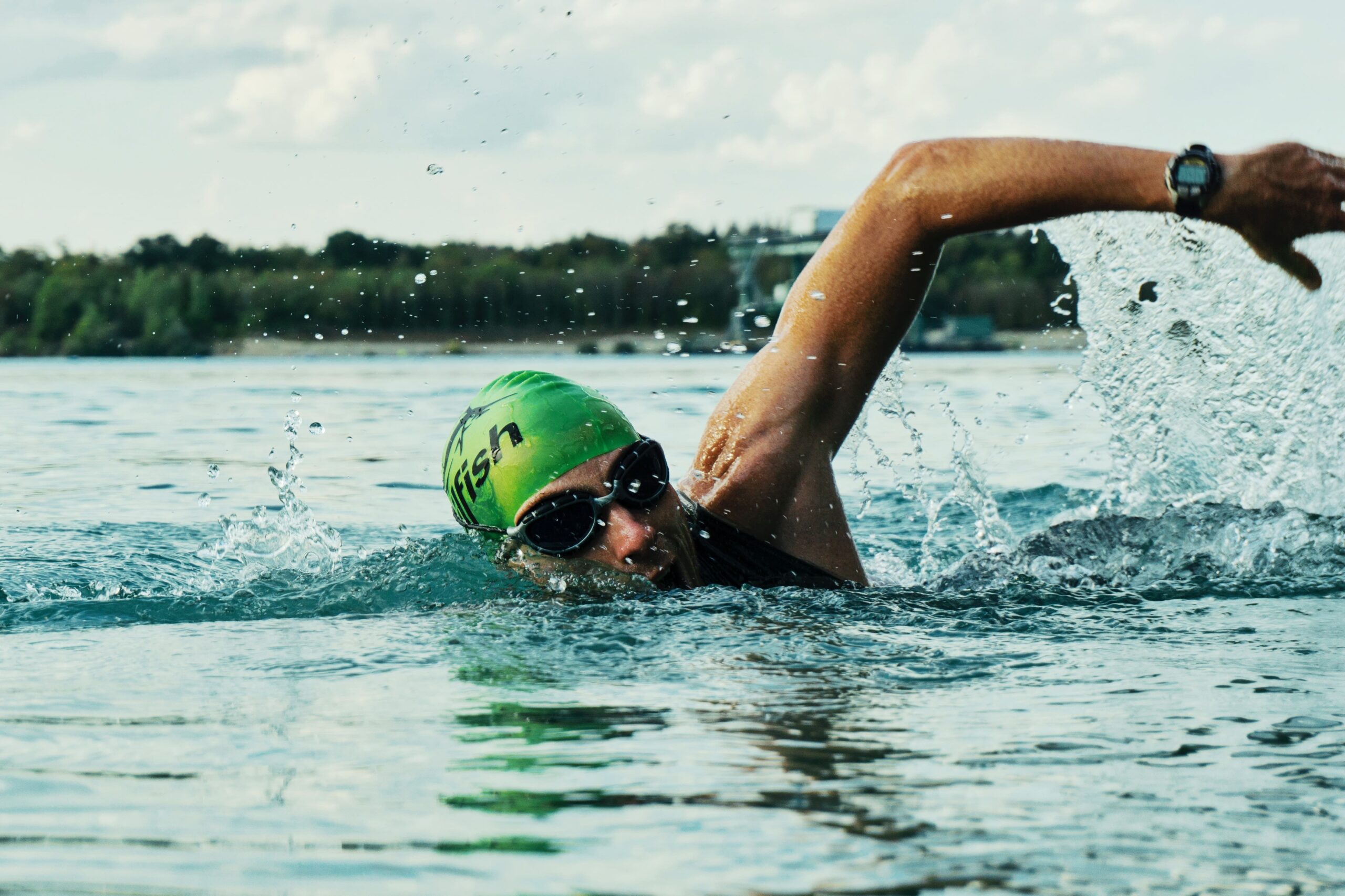What is Dehydration, and Why is it a Concern During Air Travel?
As the world becomes increasingly interconnected, air travel has become an integral part of our lives. Whether it's for business or leisure, millions of people take to the skies every day, crossing time zones and continents. While the convenience of air travel is undeniable, it comes with its own set of challenges, one of which is dehydration. Dehydration from flying is a common yet often overlooked issue that can have a significant impact on passengers' health and comfort. In this article, we will delve into what dehydration is, why it is a concern during air travel, and how electrolyte drinks can play a crucial role in mitigating this issue.
Understanding Dehydration
Dehydration is a condition that occurs when the body loses more fluids than it takes in. It disrupts the balance of essential fluids and electrolytes in the body, leading to a range of symptoms and potential health risks. Dehydration can happen for various reasons, including inadequate fluid intake, excessive sweating, vomiting, diarrhea, or a combination of these factors. When it comes to air travel, several factors make passengers particularly susceptible to dehydration.

Factors Contributing to Dehydration from Flying
- Low Humidity Levels: Airplanes are known for their low humidity levels. In fact, the humidity in the cabin is often lower than in arid deserts. This dry environment can lead to increased fluid loss through respiration and evaporation from the skin.
- Pressurized Cabin: The cabins of commercial aircraft are pressurized to maintain a safe and comfortable atmosphere for passengers. However, this pressurization can also contribute to dehydration. The altered cabin pressure can lead to increased gas expansion within the body, causing passengers to exhale more moisture with each breath.
- Limited Mobility: During long flights, passengers tend to remain seated for extended periods. Prolonged immobility can reduce blood circulation and may discourage passengers from getting up to hydrate themselves regularly.
- Alcohol and Caffeine Consumption: Many passengers enjoy a drink or two during their flight, but alcohol and caffeine can act as diuretics, increasing the body's water loss. This effect can exacerbate dehydration during air travel.
- Restricted Fluid Access: Passengers may hesitate to consume water due to the inconvenience of using the lavatory or limited access to it. This reluctance can lead to insufficient fluid intake.
Why Dehydration Matters
Dehydration is not just about feeling thirsty. It can have a range of adverse effects on your health and well-being, especially during air travel:
- Fatigue: Dehydration can lead to fatigue and reduced cognitive function, which can be particularly problematic during long flights or when adjusting to different time zones.
- Dizziness and Headaches: Dehydration can cause dizziness and headaches, making air travel uncomfortable and potentially unsafe.
- Dry Skin and Irritation: The dry cabin environment can worsen skin conditions, leading to dryness, itchiness, and irritation.
- Deep Vein Thrombosis (DVT) Risk: Dehydration combined with prolonged sitting increases the risk of DVT, a condition where blood clots form in the legs and can be life-threatening if they travel to the lungs.
- Weakened Immune System: Dehydration weakens the body's immune system, making passengers more susceptible to illness during or after their flight.

Combatting Dehydration with Electrolyte Drinks
To address the issue of dehydration from flying, passengers can take proactive measures. One effective approach is the consumption of electrolyte drinks. These drinks are specifically formulated to help replenish lost fluids and electrolytes, making them an ideal choice for air travelers. Here's how they work:
- Rehydration: Electrolyte drinks contain a balanced mix of essential minerals like sodium, potassium, magnesium, and calcium, which are lost through sweating and other forms of fluid loss. Consuming these drinks can help restore the body's electrolyte balance more effectively than water alone.
- Enhanced Hydration: Electrolyte drinks are designed to increase fluid absorption in the body, meaning you get hydrated faster and stay hydrated longer.
- Reducing Fatigue: By preventing or alleviating dehydration, electrolyte drinks can help reduce fatigue and boost your energy levels during and after your flight.
- Alleviating Symptoms: For passengers who experience symptoms like headaches or muscle cramps during air travel, electrolyte drinks can offer relief by addressing the underlying cause – dehydration.
Choosing the Right Electrolyte Drink
Not all electrolyte drinks are created equal. When selecting a product, it's important to consider the following factors:
- Electrolyte Balance: Look for drinks that provide a balanced mix of electrolytes to ensure effective rehydration.
- Sugar Content: Some electrolyte drinks contain high levels of sugar, which may not be suitable for everyone. Opt for options with lower sugar content or those sweetened with natural alternatives.
- Flavors and Preferences: Electrolyte drinks come in various flavors and formulations. Choose one that suits your taste and dietary preferences.
- Portable Packaging: Opt for products that are easy to carry in your hand luggage, ensuring you have access to rehydration whenever needed.
Conclusion:
Dehydration from flying is a real concern that can affect passengers of all ages and health levels. The unique conditions of air travel, including low humidity, pressurized cabins, and limited mobility, make it essential to take proactive steps to combat dehydration. Electrolyte drinks, with their ability to rapidly replenish fluids and essential minerals, offer a convenient and effective solution to this problem. By understanding the causes and consequences of dehydration during air travel and choosing the right electrolyte drink, passengers can enjoy a more comfortable and healthier flying experience. So, the next time you embark on a journey, make sure you stay well-hydrated and enjoy your flight to the fullest.
Comments
Post a Comment